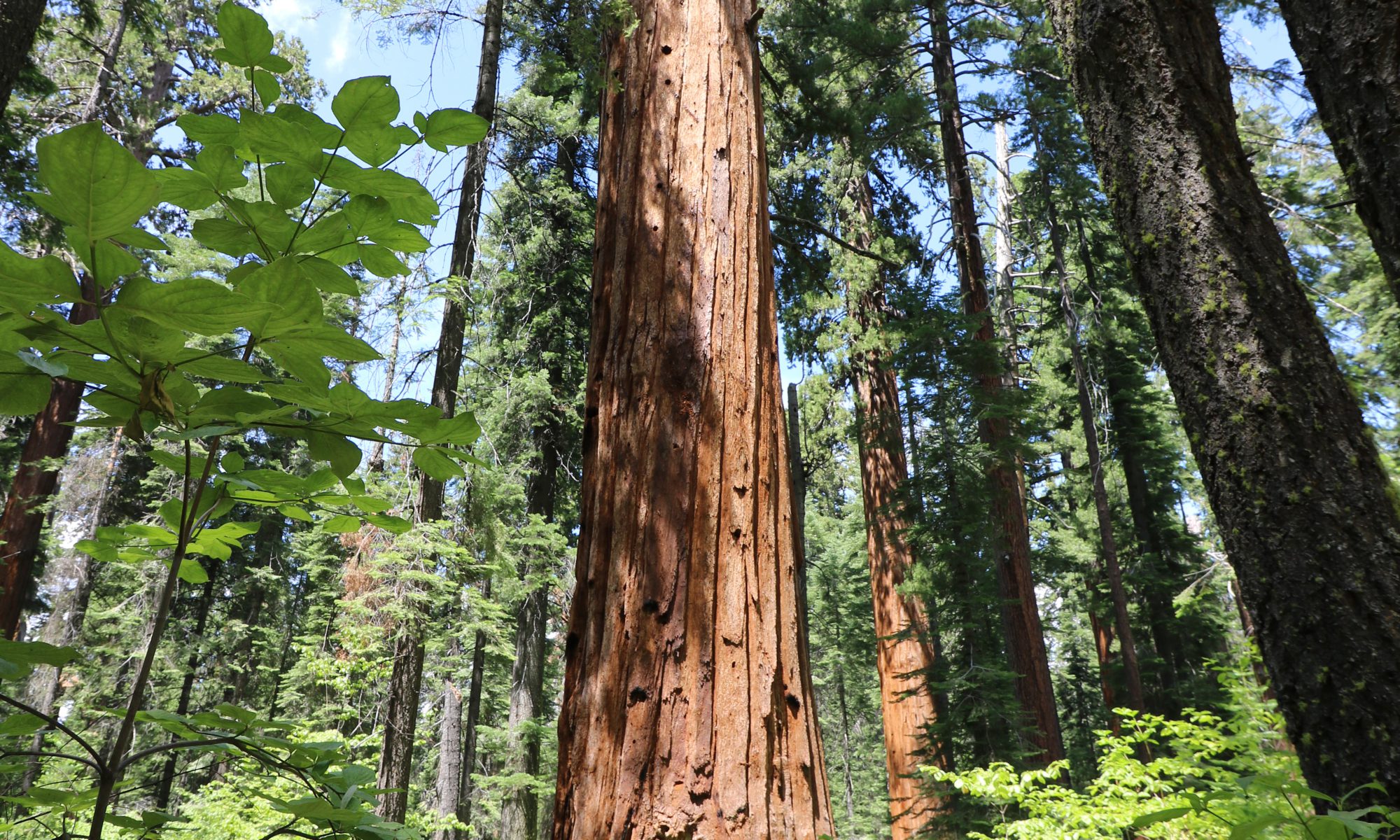We must ween ourselves off our fossil fuel addiction and transition to a cleaner, healthier, more democratic power grid. But we must make this transition thoughtfully and sustainably. Wild Tree advocates against utility scale generation, including wind and solar, in wild lands and wildlife habitat. We have greatly untapped efficiency and demand response potential that decreases the need for power generation at the plug. We have abundant rooftops real estate for solar generation and opportunities for distributed wind and solar. Massive, utility scale generation in remote, wild locations, such as the bird-killing Ivanpah, are unnecessary and Wild Tree advocates against the development of any such facilities.
Cases
Transmission Upgrades to Support Further Utility Scale Power Generation Development in the Mojave Desert: A.18-05-007 SCE application to increase capacity of a large transmission line through critical habitat for the endangered desert tortoise. Wild Tree objected to this application as an attempt at a money grab for an unnecessary project. The project will enable increased utility scale generation on pristine desert lands, cause increased deaths of the already highly imperiled desert tortoise and other at-risk animal and plant species, and increase capacity for the import of dirty power (including coal fired generation) from Nevada. Unfortunately, Wild Tree was not successful in defeating this project and Mojave Desert remain in great peril from utility-scale energy development.
- Wild Tree Comments on Mitigated Negative Declaration – The California Environmental Quality Act requires that an Environmental Impact Report be prepared to address impacts to endangered desert tortoise, eagles, and many other imperiled species.
- Wild Tree Opening Comments – Wild Tree argued that the proposed project would divert significant funds from projects that can achieve significant GHG emission reduction and otherwise meet the goals of the RPS program and grid reliability and provide additional benefits that the project would not. SCE did not meet its burden of proof that the project is needed and thus a permit should not be granted. California law requires consideration of demand-side, non-transmission alternatives such as energy efficiency, ultraclean distributed generation, and other demand reduction resources in such applications as this one and such alternatives were never examined.
